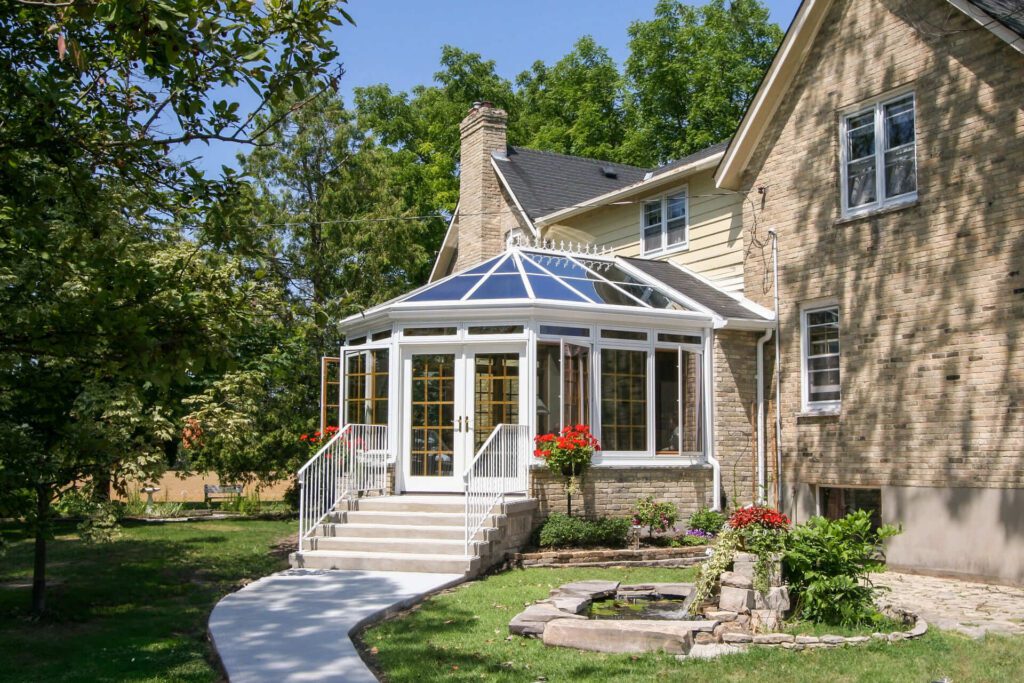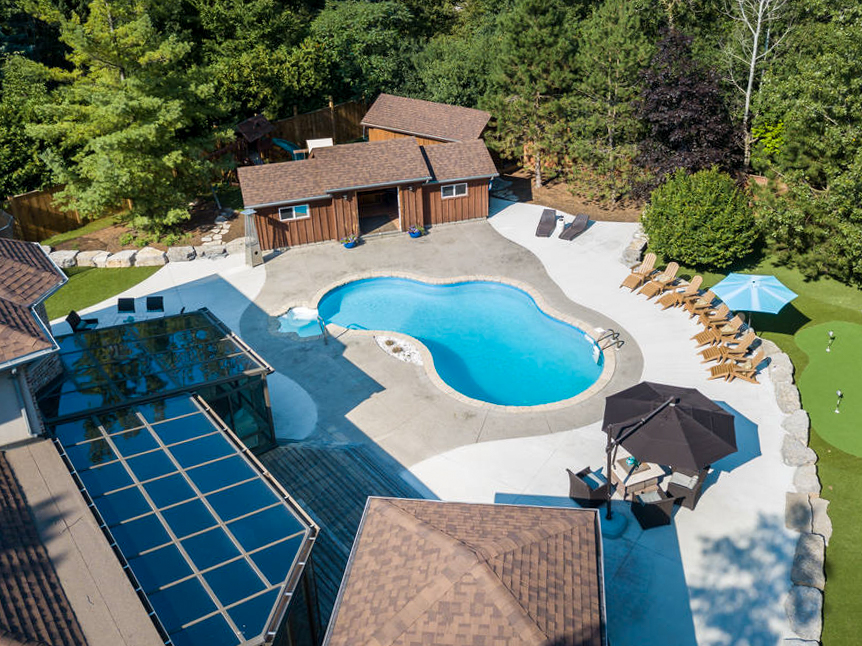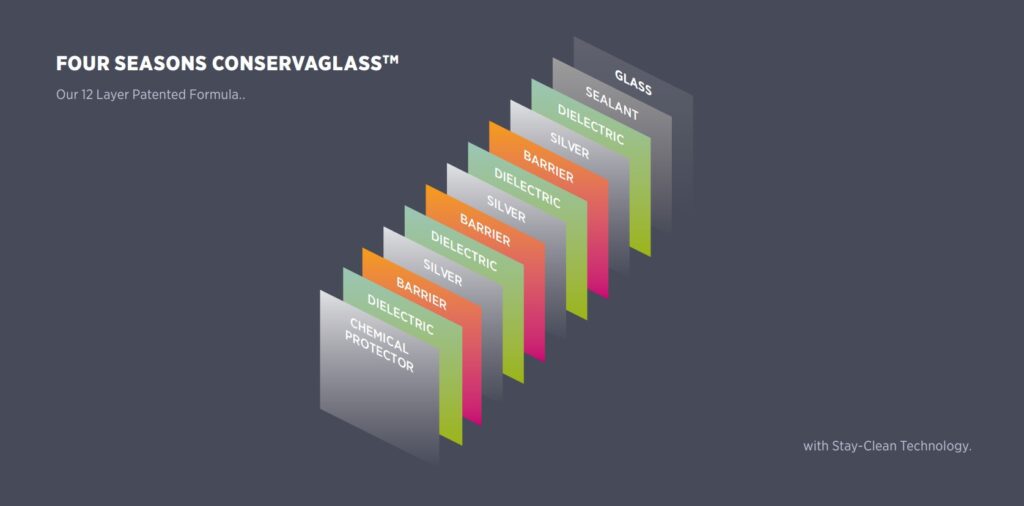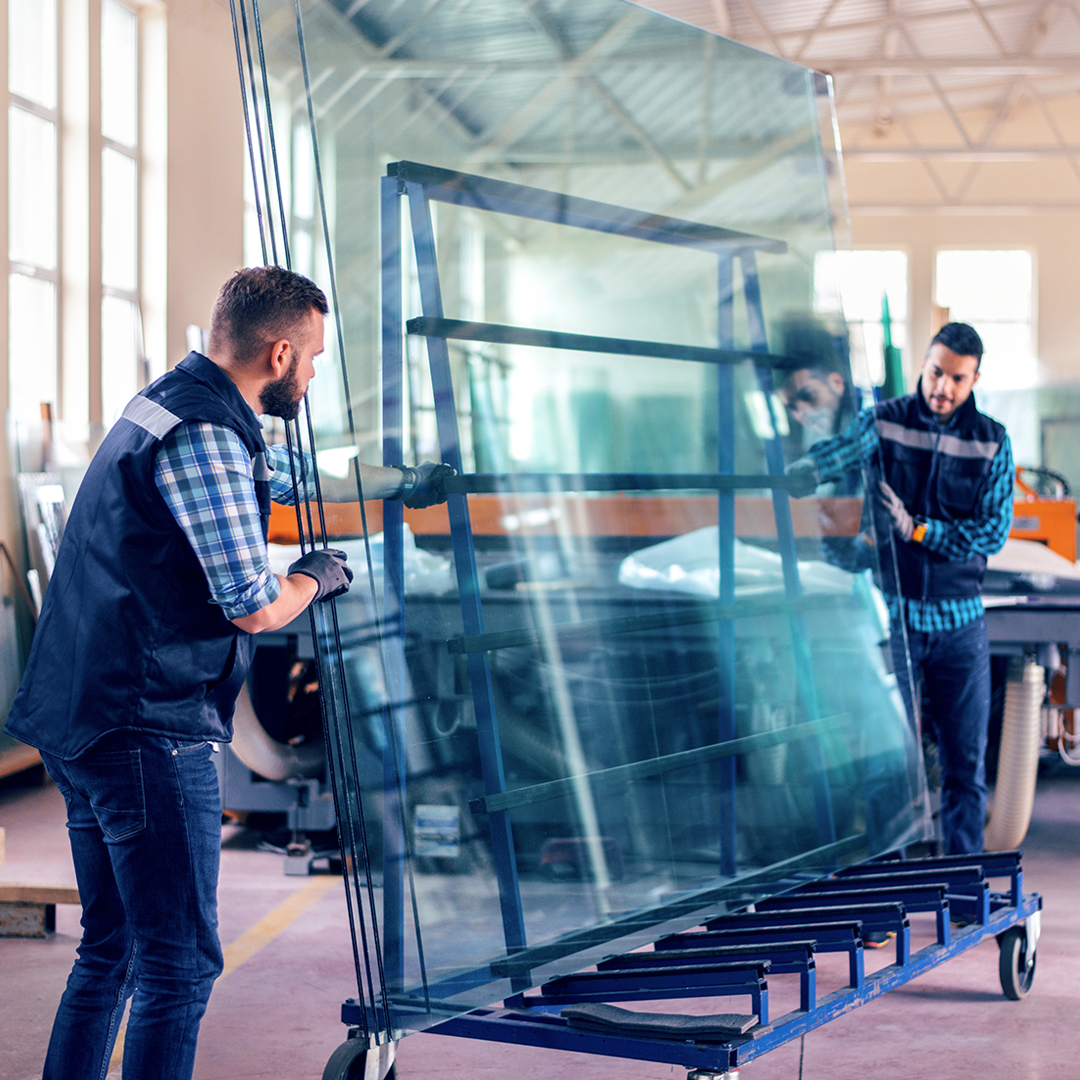
Made in Canada vs Product of Canada—What’s the difference?
Oh, Canada! The buzz around buying Canadian-made products has grown louder, especially amid the trade tensions with the U.S. and looming tariffs. For many Canadians, supporting local businesses and keeping dollars in the domestic economy feels like a source of pride—and rightfully so!
At Four Seasons Sunrooms & Additions, we understand the significance of purchasing products that align with your values. But when it comes to food, construction—particularly the home improvement industry such as sunrooms—and other goods, the “Made in Canada” label can get a little murky. So what does “Made in Canada” really mean? In this article, Four Seasons Sunrooms & Additions explores what defines a Canadian-made product in the construction industry and why it’s important to read the fine print.
The “Made in Canada” Fine Print
Did you know that, as per Canadian regulations and the Competition Bureau Canada, only 51% of a product's goods or labour must originate in Canada—or that at least 51% of production costs must be incurred in Canada—to be labeled “Made in Canada”?
While this means more than half of the product is Canadian, up to 49% of its materials can be imported. However, if a product is labelled “Product of Canada”, it must meet a much higher threshold—at least 98% of its content must be Canadian. These standards are enforced by agencies like the Competition Bureau Canada.
In the sunroom industry, this distinction is particularly relevant when evaluating products that claim to be “Made in Canada”. Components such as aluminum extrusions, steel, vinyl and glass often have varying degrees of Canadian content. If you’re committed to buying as Canadian as possible, it’s crucial to understand what’s behind the label.

Glass Manufacturing in Canada
The phrases "100% Canadian Made" or “Made in Canada” carry significant weight—especially when marketed as supporting the local economy. From raw materials right down to its final assembly, many factors determine whether a product truly qualifies as “Made in Canada”. However, sunroom construction complicates this label due to the absence of float glass manufacturing in Canada.
Glass is a fundamental material in sunroom construction, yet Canada doesn’t have large scale float glass manufactures. As a result, most float glass used in sunrooms and windows is imported. While some window and door companies may still claim “Made in Canada”, the reality is that crucial materials like the glass originate elsewhere.
In accordance with Competition Bureau Canada, a product may be labeled “Assembled in Canada with foreign Parts” as this provides a more accurate representation of products assembled or installed in Canada but have imported parts or products.

The Lack of Float Glass Manufacturing in Canada
What is float glass? Float glass is the type of glass most commonly used in mirrors and windows. Manufactured by floating molten glass over liquid metal (usually tin), this process ensures a smooth, uniform finish, which is essential for clarity and durability.
Producing float glass requires advanced technology, specialized facilities, and significant energy resources—making it cost-prohibitive in Canada. Consequently, Canada imports float glass from countries like the United States, China, and parts of Europe. This explains why a product may be labeled "Made in Canada with Imported Parts"—and that’s okay.
Video by Cardinal Glass Industries demonstrating their float glass production process and techniques to ensure flawless quality.
What This Means for Sunroom Production
One of the primary reasons why homeowners invest in a sunroom is to bring in the natural light—which requires large glass windows. Many sunroom designs also feature glass roofs and expansive walls, making glass an essential component.
However, a sunroom is more than just glass. Other materials such as aluminum, vinyl, and wood, many of which are locally produced and manufactured. For example, as reported by the Natural Resources Canada, Canada is the world’s fourth-largest primary aluminum producer, with nine aluminum smelters and refineries in Quebec alone! In fact, Canada remains the U.S.'s largest aluminum supplier, exporting 3.2 million tons last year, as per the U.S. International Trade Administration.
While Canada excels in aluminum and steel production, the reliance on imported float glass makes it difficult to find a fully “Made in Canada” or “100% Canadian” sunroom. This highlights the complexity of Canadian content claims and why a label can sometimes be misleading.

The Problem with "Made in Canada" Claims
As you’re researching products, it’s important to read the fine print. Some companies may claim that their products are entirely Canadian-made, emphasizing locally manufactured frames, assembly and installation. While it may be true that the final product is assembled with Canadian labour, essential components—like glass—may still be imported, a fact often overlooked in marketing.
To promote transparency, the Competition Bureau Canada encourages the use of alternate labels such as:
This is not a critique of Canadian manufacturers or the quality of their products but rather a call for transparency in labeling and marketing.
The Best of Both Worlds
At Four Seasons Sunrooms & Additions, we believe in full transparency. While our sunroom products may not be 100% Canadian-made, that’s not necessarily a drawback. Our aluminum extrusions often begin as raw materials sourced in Canada before being refined and manufactured in other countries, including the U.S. These components are then crafted to withstand Canada’s climate, ensuring durability and quality. Meanwhile, the design, engineering and on-site installation are all handled by skilled Canadians.

Photo: Four Seasons Sunrooms & Additions Team
Understanding the Bigger Picture
It’s easy to assume that buying local means purchasing a product made entirely from Canadian materials. However, as we’ve learned, this isn’t always the case. The sunroom industry’s reliance on imported parts—such as float glass—is just one example of how global supply chains impact the home improvement and construction industry. While Canada excels in certain industries—like aluminum—there are gaps in others.
This reality doesn’t diminish the importance or value of supporting local businesses. However, it does mean consumers should examine “Made in Canada" claims with a critical eye.
If you’re shopping for Canadian-labeled products, we encourage you to look deeper. Supporting local sunroom companies remains valuable, but it’s important to recognize that some materials may be imported—despite what the label suggests.
For more information on Canadian product labeling, please visit the Competition Bureau of Canada.

Written by: Four Seasons Sunrooms & Additions - London, Kitchener/Waterloo
“Made in Canada”: What Ontario Homeowners Should Know
Learn how it impacts home improvements, Sunroom addition contractors, and window and door companies in Ontario.
Tags: canada made, cost, glass, made in canada, sunroom


